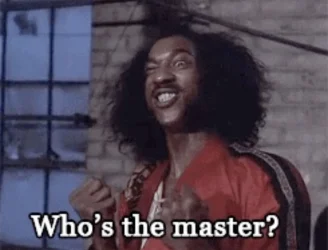Andy, I think this argument over the years typically required to attain university degrees comes from
a basic misunderstanding. You are posting from the UK and many other forum members are coming from the States. We have slightly
different educational structures.
Secondary or high school students in the States complete 12 years of elementary and secondary education combined and and are typically 17 (or just barely turned 18) years of age when they "graduate". This is the norm, whether students are university bound or heading into the workforce.
Therefore, the
standard bachelor's program here is four years, and often takes five these days. To graduate in less than four years in the US would require special permission in many institutions, especially traditional "four-year residency colleges" and universities like the one I attended. Graduation in less time
can happen, but it's highly unusual.
It's my understanding that in the UK (and optionally in Canada), university bound students take a 13th year (sixth form) of secondary school before proceeding to study at (the) university. So students on your side of the pond, essentially enter (the) university with a year under their belt while Americans are typically required to take
a full year of "general education requirements" before entering their individual field of study or "major". BTW, most Americans, even those in education fields, are unaware of this difference, so that may be the issue here.
I am a secondary school teacher in the States, but I know of these systemic differences
only because my older brother completed a fellowship at Oxford that translated to a "master's degree" in the American system and I guess he learned a bit about your system from his schoolmates over there. Otherwise, we Yanks are a pretty provincial lot and don't travel much out of our own continent. For one thing, it's expensive. And, then there are also those of us here who just don't care much about the world at large.

Personally, I like to think that we martial artists should be a little less benighted. Either way, if I didn't yet the details right, sorry. I'd be glad to have you put me straight on this!

BTW here's my source for comparing our systems and what in the US has traditionally been called a "Four year Bachelors degree" vs. that which in the UK is apparently referred to as a "Three year Bachelors degree":

en.wikipedia.org


